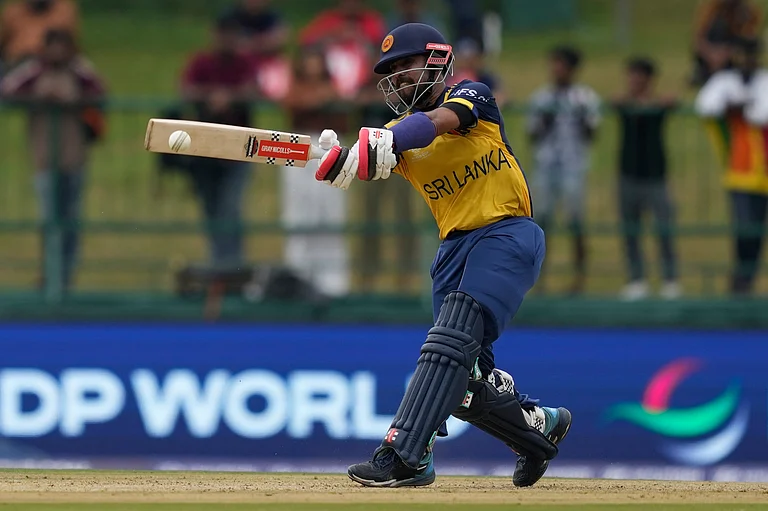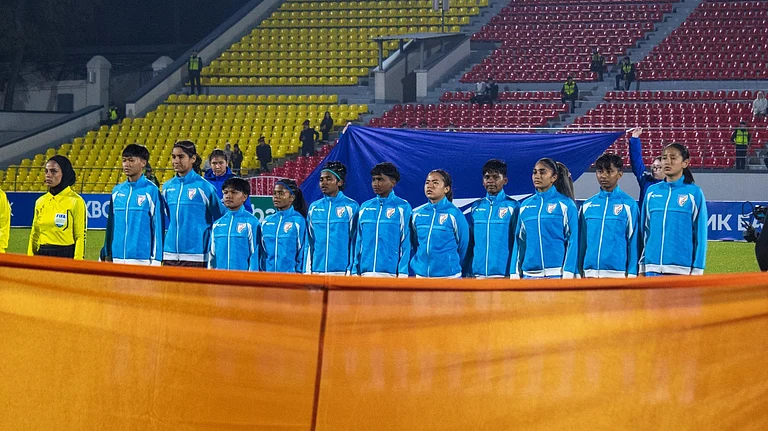Delhi's air quality has deteriorated to the "very poor" category on Saturday, and is expected to worsen further due to unfavorable meteorological conditions, as reported by weather monitoring agencies.
The city's average Air Quality Index (AQI) stood at 301 at 12 noon, worsening from 261 on Friday, according to the Central Pollution Control Board.
The AQI readings in nearby areas were 286 in Ghaziabad, 268 in Faridabad, 248 in Gurugram, 284 in Noida, and 349 in Greater Noida.
An AQI between zero and 50 is considered 'good,' 51 to 100 'satisfactory,' 101 to 200 'moderate,' 201 to 300 'poor,' 301 to 400 'very poor,' and 401 to 500 'severe.'
According to the Centre's Air Quality Early Warning System for Delhi, the city's air quality has deteriorated to the 'very poor' category due to slow wind speed at night and a drop in temperatures. The air quality is expected to remain 'very poor' until the end of the month.
Unfavorable meteorological conditions and a combination of emissions from firecrackers and paddy straw burning, along with local sources of pollution, contribute to hazardous air quality levels in Delhi-NCR during the winter.
The contribution of smoke from farm fires to Delhi's air pollution, provided by the Ministry of Earth Sciences' System of Air Quality and Weather Forecasting and Research (SAFAR), has not been updated, and officials are unaware of the reason. Similarly, data from the Decision Support System, a model-based framework to identify sources of particulate matter pollution, is not accessible to the public anymore.
Delhi's government had launched a 15-point action plan to mitigate air pollution in the capital during the winter season, emphasizing addressing dust pollution, vehicular emissions, and open burning of garbage. Special drives to check dust, vehicular, and industrial pollution are already underway.
The government had also imposed a comprehensive ban on the manufacture, storage, sale, and use of firecrackers within the city. A public awareness campaign, 'Patakhe Nahi Diye Jalao,' is set to be reintroduced to discourage firecracker burning.
The government has identified eight more pollution hotspots in addition to the existing 13 in the national capital, and special teams will be deployed there to check pollution sources. Dust suppressants, including chemical agents, will be used to prevent dust pollution in the city, making fine dust particles too heavy to become airborne.


























